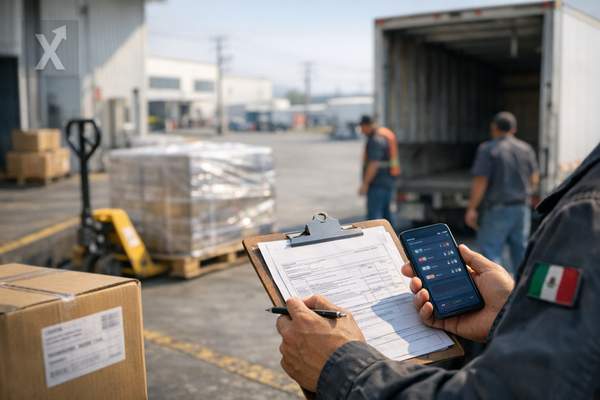Mexico-U.S. Relations: A New Era of Shared Responsibility and Trade Challenges

The bilateral relationship between Mexico and the United States is going through a transitional stage marked by the demand for shared responsibility amid renewed commercial pressure. During the gala dinner of the American Society of Mexico, U.S. Ambassador Ron Johnson emphasized the need for both countries to take joint responsibility in addressing key issues on their shared agenda, particularly in areas such as security, migration, and trade.
The diplomat’s message came amid rising tensions following former President Donald Trump’s announcement of a 30% tariff on Mexican imports, a measure set to take effect on August 1. Although Johnson avoided directly addressing this announcement during the event, he focused on stressing that Washington’s strategy under a new administration—regardless of its political affiliation in the future—aims to share not only the benefits but also the challenges of the bilateral relationship. “America First doesn’t mean America alone,” he stated, opening the door to dialogue and cooperation with the Mexican government, as well as key actors from the private sector and civil society.
Among the main issues on the agenda are the fight against fentanyl trafficking, border security, and cooperation in combating illegal migration—areas that, according to Johnson, require joint efforts and not unilateral decisions. The diplomat acknowledged that policies previously implemented at the border have had collateral effects on Mexico, turning the country into a transit zone for migrants of other nationalities, thereby creating challenges for both Mexican and U.S. authorities.
On the trade front, pressure to comply with the United States-Mexico-Canada Agreement (USMCA) remains one of the top concerns among U.S. business and political leaders. According to Larry Rubin, president of the American Society of Mexico, Trump’s recent tariffs stem directly from a perception that Mexico has not been effective enough in fulfilling certain commitments concerning the northern border and bilateral trade. In this respect, there is an expectation that President Claudia Sheinbaum’s administration will strengthen actions aimed at resolving disputes and protecting regional economic integration.
Another area of focus is the escalating rivalry with China, which has led the U.S. to step up oversight of supply chains and put pressure on its regional allies to prevent Chinese expansion in strategic sectors. This presents new dilemmas for Mexico, which has seen an upswing in investments related to nearshoring thanks to its proximity to the U.S., but which also must ensure compliance with rules and standards agreed upon under the USMCA framework.
Looking ahead, Mexico faces the challenge of maintaining a flexible position that allows it to adapt to changing international conditions without neglecting its sovereignty and national interests. Strengthening institutional dialogue, as well as active participation from the private sector and civil society, will be crucial for successfully navigating this complex stage in the bilateral relationship.
In summary, diplomacy between Mexico and the United States is at a defining moment, guided by the principle of shared responsibility in dealing with common problems and opportunities. The coming months will be key in determining whether the call for understanding and collaboration will succeed in defusing commercial tensions and strengthening the ties along one of the most dynamic borders in the world.






